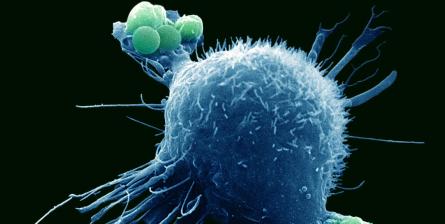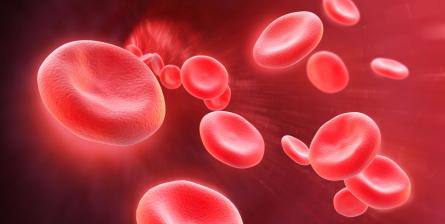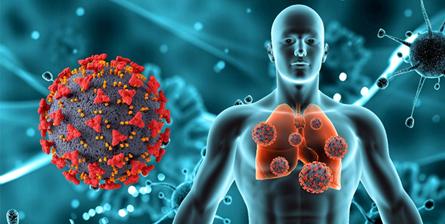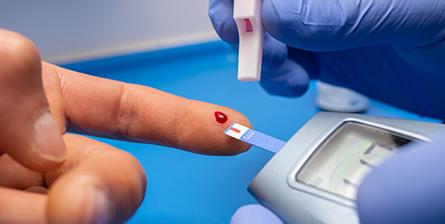
What is hematology?
Clinical hematology is a branch of medicine that focuses on the study, diagnosis, treatment, and management of diseases and disorders related to blood and blood-forming tissues. It encompasses the investigation and understanding of various blood components, such as red blood cells, white blood cells, platelets, and plasma, as well as the organs involved in blood production and regulation, including the bone marrow, spleen, and lymph nodes.
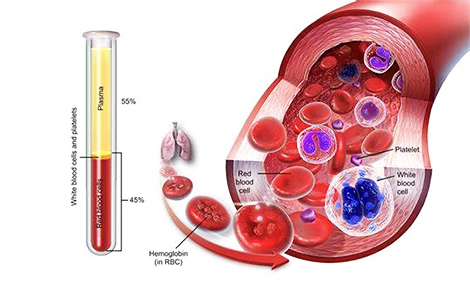
Clinical hematologists, often referred to as hematologists, specialize in the evaluation and management of conditions such as anemia, leukemia, lymphoma, myeloma, bleeding disorders, clotting disorders, and various other blood-related diseases. They employ a wide range of diagnostic techniques, including blood tests, bone marrow analysis, and genetic testing, to assess and monitor blood disorders.
In addition to diagnosis, clinical hematologists play a crucial role in the treatment and care of patients with blood-related conditions. They may prescribe medications, such as blood thinners or immunosuppressive drugs, administer blood transfusions, perform bone marrow transplants, or recommend other therapeutic interventions based on the specific disease and individual patient needs.
Clinical hematology also involves research and ongoing advancements in the field to develop new diagnostic tools, treatment options, and therapies for various blood disorders. This branch of medicine collaborates closely with other specialties, including oncology, immunology, and genetics, to provide comprehensive care to patients with hematological conditions.














